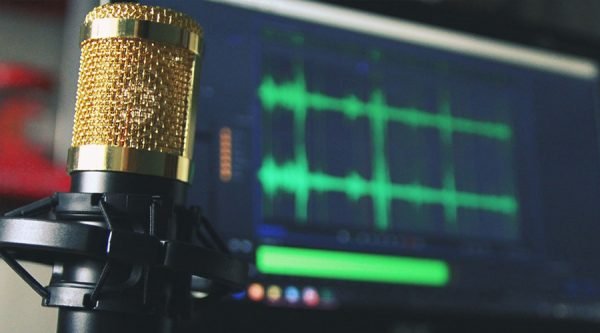Music maestro A R Rahman once said that the idea of music is to liberate the listener and lead him to a frame where he feels he is elevated. And his music does just that.
Researchers have now confirmed what Rahman hinted at years ago. Singing, listening, or playing music leads to better well-being and improved health-related quality of life.
An analysis of 26 studies comprising 779 individuals found that music interventions were associated with statistically and clinically significant changes in mental health. However, scientists are yet to understand the magnitude of music’s positive association with health-related quality of life.
In a study published in the Journal of the American Medical Association Network Open, researchers said that listening to and making music is increasingly advocated, including in a recent World Health Organization report, as a means of improving health-related quality of life, as well as various domains of well-being in clinical and healthy populations.
The analysis revealed that music had a similar positive reinforcement among people as they experienced from weight loss in studies of adults with obesity. Led by J. Matt McCrary, Ph.D. candidate at the Institute of Music Physiology and Musicians’ Medicine, Hannover University of Music, Drama, and Media in Germany, researchers synthesized results of studies investigating outcomes of music interventions in terms of health-related quality of life.
The new analysis could add to devising new techniques to enhance wellbeing under the United Nations Sustainable Development goals.
The authors of the meta-research, however, also expressed that there need to be more studies in the field to better understand this positive reinforcement on the brain. “Future research is needed to clarify optimal music interventions and doses for use in specific clinical and public health scenarios,” the paper said.
They pointed out that lack of clarity regarding the effects of music leads to challenges in including it in health policies and care at local, national, and international levels.
They added that there is a need to understand the who, what, when, where, and how effective this method is. The team also called for further research to “provide guidance regarding optimal music interventions and doses in distinct clinical and public health scenarios.”









